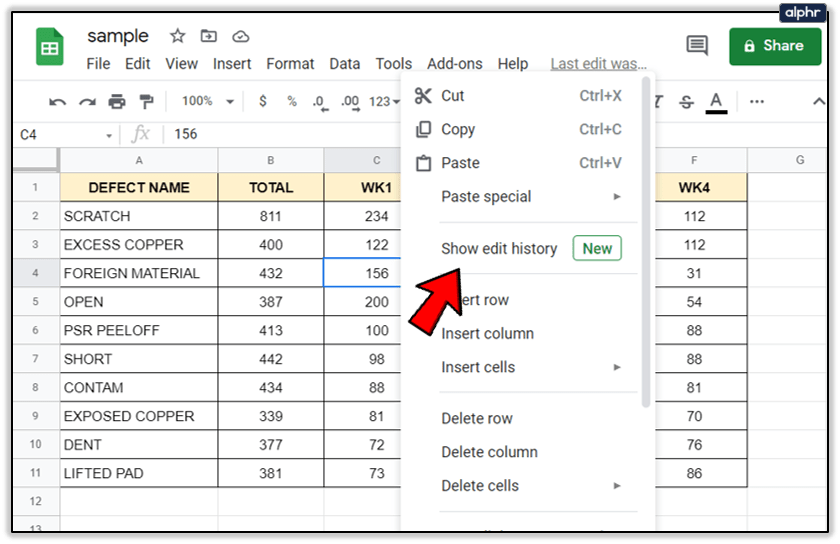5 Essential Documents for Buying a Company

Buying a company is a significant endeavor that often involves navigating a labyrinth of legal, financial, and operational complexities. As you embark on this journey, it's critical to ensure you have all the necessary documentation to make informed decisions and protect your investment. Here, we delve into the five essential documents every prospective buyer should have in their toolkit when looking to purchase a company.
1. Confidentiality Agreement (NDA)

One of the first steps in the due diligence process is signing a Non-Disclosure Agreement (NDA). This document:
- Ensures confidentiality of sensitive information shared during negotiations.
- Protects both parties by legally binding them to keep trade secrets, financial details, and other proprietary information under wraps.
- Provides peace of mind, encouraging an open and honest exchange of information.
⚠️ Note: Always review the NDA carefully to understand what information is deemed confidential and for how long the agreement remains in effect.
2. Letter of Intent (LOI)

Following the initial discussions and after due diligence begins, a Letter of Intent (LOI) is often prepared. This document outlines:
- The structure of the deal (cash, stock, or a combination).
- Preliminary price and terms of the purchase.
- Non-binding intentions regarding exclusivity and timelines for due diligence.
The LOI serves as a roadmap for what the potential acquisition might look like and helps in setting expectations before drafting the definitive agreement.
3. Due Diligence Checklist

Performing due diligence is perhaps one of the most crucial steps in buying a company. A comprehensive Due Diligence Checklist should cover:
- Financial Statements: Balance sheets, income statements, cash flow statements, and tax returns for at least the last 3 years.
- Legal and Compliance Documents: Licenses, permits, leases, contracts, litigation history, and regulatory compliance records.
- Employee Information: Details on workforce, employment contracts, benefits, and any pending labor disputes.
- Intellectual Property: Patents, trademarks, copyrights, and trade secrets.
📝 Note: Tailoring the due diligence checklist to the specific industry and nature of the business can uncover critical information often overlooked in a generic approach.
4. Purchase Agreement

Once due diligence is completed and all parties are ready to move forward, the Purchase Agreement comes into play. This is the definitive document that:
- Legally binds the buyer and seller to the terms of the transaction.
- Includes representations and warranties, indemnifications, and conditions to closing.
- Outlines the payment structure, covenants, and provisions for potential liabilities post-closing.
| Element | Description |
|---|---|
| Representations and Warranties | Assurances about the status, condition, and compliance of the company. |
| Indemnifications | Agreements on who will be responsible for pre-existing issues or liabilities. |
| Covenants | Conditions the seller must adhere to before closing the deal. |

5. Transition Plan

After the acquisition, ensuring a smooth transition is vital for the continued success of the company. A detailed Transition Plan should:
- Address the integration of systems, processes, and personnel.
- Outline timelines for key activities like employee communication, rebranding, or operational changes.
- Specify any training, consulting, or support from the seller post-acquisition.
Having a well-thought-out transition plan can mitigate risks and help in retaining customer trust and employee morale during this often turbulent period.
Throughout the process of buying a company, these five documents play pivotal roles in ensuring that the transaction is transparent, equitable, and legally sound. They protect the interests of all parties involved and provide the framework needed for a successful acquisition. From safeguarding sensitive information with NDAs to outlining detailed due diligence and purchase terms, each document contributes to a comprehensive understanding and strategic execution of the purchase. Understanding and meticulously preparing these documents can greatly influence the outcome of your business acquisition, turning potential pitfalls into stepping stones for growth and stability.
What is the importance of a Non-Disclosure Agreement in company acquisition?

+
An NDA ensures that sensitive information disclosed during the due diligence process remains confidential, protecting both the buyer and the seller from potential competitive disadvantages or intellectual property theft.
Can I skip the Letter of Intent (LOI) when buying a company?

+
While it’s not mandatory, skipping the LOI can lead to misunderstandings about terms and intentions. It sets the stage for negotiations and provides a clearer path forward for the purchase agreement.
How comprehensive should my due diligence be?

+
Your due diligence should be as comprehensive as possible. Missing or overlooking critical details can lead to significant issues post-acquisition. A thorough checklist tailored to the company’s industry, operations, and assets is advisable.
What happens if issues are found during due diligence?

+
Issues discovered during due diligence can lead to renegotiating the purchase price, adjusting terms of the deal, or, in some cases, abandoning the acquisition altogether if the risks are deemed too high or the disclosed information is inaccurate.
Why is a Transition Plan necessary?

+
A transition plan is crucial for managing the integration of the acquired company into your business operations, ensuring continuity, minimizing disruptions, and maintaining business value during the post-acquisition period.



